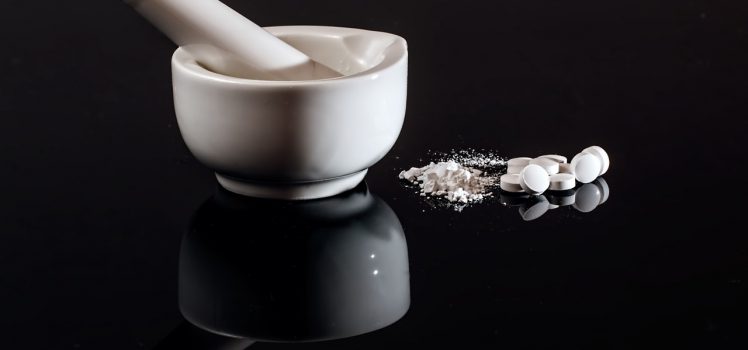Generic Drugs Vs Brand Name Drugs

Despite of the widespread notion that generic drugs are less good than their original prototypes, science and medical practice have proven this wrong. Moreover, generics are not only as good as brand name ones, but less expensive too.
Why is this so?
Although, generic drugs are widely used in hospitals, research suggests some patients feel uneasy about buying them. Moreover, many people worry generics cause too many side effects.
While this misunderstanding leads to a life in the shadow of impractical decisions, generic drugs have the same medicinal ingredients as their brand-name counterparts. Absolutely the same. The difference comes from their inactive ingredients (gluten, sulfates etc.) which have no medical effect on patients except for the people having allergies, for instance.
A generic drug may come to the market only after the patent on the brand-name product have expired. This usually takes around 20 years. Generic drugs cost on average 45% less than the brand names. The difference in prices is due to all the expenses invested in research, clinical trials and developing the drug. So, the law allows the investing company to benefit from it with first.
Once the time passed, the formula becomes public and every other company may start manufacturing and selling the drug under a different name.
Companies, producing generic drugs have basically only two options to prove their products are safe and effective:
- The first one is to run their own clinical trial. That means to repeat most of the tests that have been done before.
- The second, and more preferred option, is to show their drug is comparable to the original brand name drug. For this purpose, a test of “bioequivalence” is made.
If either test proves successful, the local health ministry or food and drug agency gives their approval, so the generic drug can be produced and marketed.
In 1984, generic drugs accounted for less than 19% of all prescriptions filled in the US. Today generic drugs represent more than 54% of all prescriptions dispensed in the US. In addition, even though generics account for more than half of prescriptions dispensed, generics account for less than 16 cents of every dollar spent on prescription drugs.
Today there are more than 7800 generic versions of the approximately 10 668 FDA approved pharmaceuticals.
Here are some other myths about generics that I find important to debunk:
Myth: Generics take longer to act in the body.
Fact: The drug delivers the same amount of active ingredient in the same time frame as the original product.
Myth: Generics are not as potent as brand-name drugs.
Fact: Monitoring and licensing organizations require generics to have the same quality, strength, purity, and stability as brand-name drugs.
Myth: Generics are not safe as brand-name drugs.
Fact: Since generics use the same active, they have the same risk-benefit profile.
Myth: Generics are often made in not so modern laboratories, the quality is lower.
Fact: Generic companies possess the facilities comparable to those of brand-name firms. In addition, nearly half of the generics are produced by the same firm that discovered the brand-name drug.
Myth: Generics cause more side effects.
Fact: There is no evidence of this.
Generics can also have different shape or color then the originals. This is a fact too.
The bottom line here: Health is important. Once lost, it is hard to be taken back, but it doesn’t need to be so expensive when with the help of medicine. It is important that one knows all the options, so they make better decisions. Knowing the difference between generic and brand-name drugs is important.
*Please, contact your physician, pharmacist, or insurance company for information on your generic drugs.
If you find this article useful, please gently hit the little heart at the top of it. ❤ Or follow FindMeCure on Facebook and Twitter to be always up to date.
Maya Zlatanova, the co-founder of FindMeCure, and I, Veselina, are blogging eagerly to make Clinical Trials more understandable. For you.
Watch our video to learn more about FindMeCure and how we are aiming to change the world.
- Please, contact your physician, pharmacist, or insurance company for information on your generic drugs.

